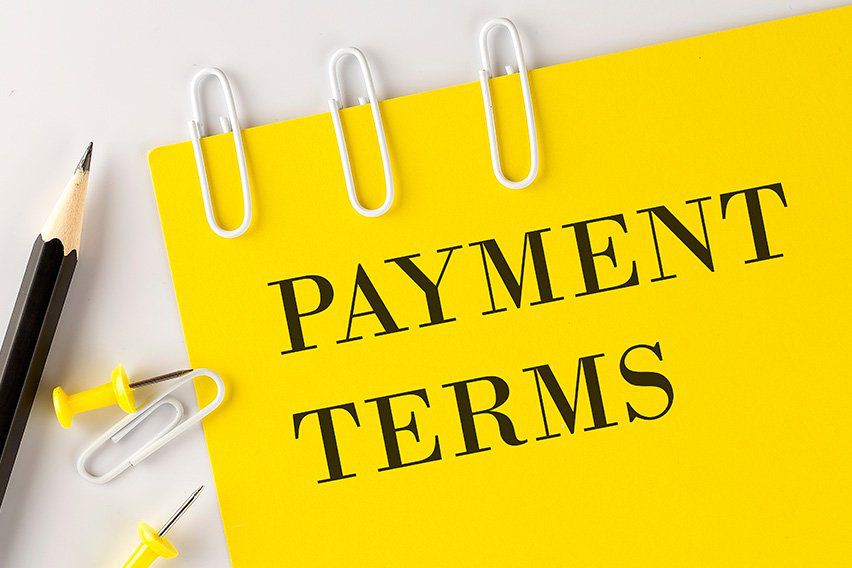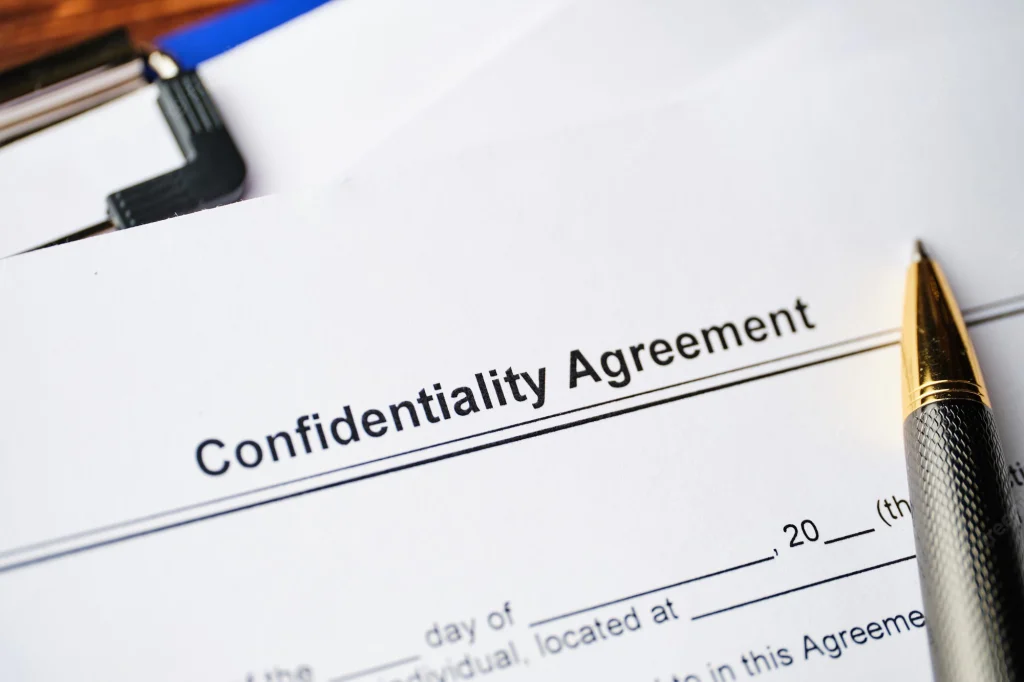When you’re freelancing, it’s important to have a contract in place that covers all the bases. This document should include items such as fees for services rendered, timelines for project completion, and any other agreements between you and your client. Following these tips will ensure that your freelance relationship runs smoothly.
1. Statement of Work

When you are starting out as a freelancer, it is important to have a clear understanding of what your services will entail. This document, known as a statement of work or contract, will help to define the terms and conditions of your relationship.
The statement of work should include:
-What services you will provide
-How much you will charge for those services
-What happens if you fail to meet deadlines or deliver on your promises
-How disputes will be resolved
By having a clear statement of work in place, you can avoid any misunderstandings or clashes between you and your clients. It will also make it easier for them to understand what they are paying for and ensure that they are satisfied with the results.
2. Deliverables
When you are freelancing, it is important to include specific deliverables in your contract. This will help to ensure that both you and your client are clear on what is expected of you.
Some common deliverables when freelancing are:
-A list of all the tasks that need to be completed
-Copies of any relevant documentation (such as drawings or specifications)
-Proof of completion of tasks
All of these items help to ensure a smooth and successful project. By including them in your contract, you can avoid any misunderstandings or disputes later on.
3. Payment Terms

You should include payment terms in your freelance contract. This will help to avoid any misunderstandings or disputes later on.
Some common payment terms you might include are: upfront payment, milestone payments, and retainer payments. It is important to choose the payment term that is best suited for the project. If you are paid in advance, make sure you have the money available to pay when the project is finished. If you are paid milestones, make sure you know when the milestones will be reached and what will happen if they are not met. If you are paid a retainer, make sure you understand how much money will be withheld from your regular salary until the project is completed.
4. Intellectual Property Rights
One of the most important things you should include in any freelance contract is an agreement on your intellectual property rights. This protects you from someone stealing your ideas or trademarks, and gives you the right to stop them from using them without permission.
You should also make sure to specify what rights you grant the client to use your work. For example, if you create a graphic design for a client, you may want to give them the right to reproduce it without asking permission. Or, if you write a blog post for a client, you may want to allow them to copy and distribute it freely online.
It’s important to get everything in writing so that there are no misunderstandings down the road. Including an agreement on your intellectual property rights in your freelance contract is one way to make sure that everything goes smoothly between you and your clients.
5. Confidentiality Agreement

When you enter into a freelance contract with someone, it is important to protect their information. You should always have a confidentiality agreement in place to ensure that the information shared between the two of you is kept confidential.
You should also make sure to include language in your contract specifying what happens if the other party violates the confidentiality agreement. This could include monetary penalties or even termination of the contract. Protecting your client’s information is essential in ensuring that they remain comfortable working with you.



